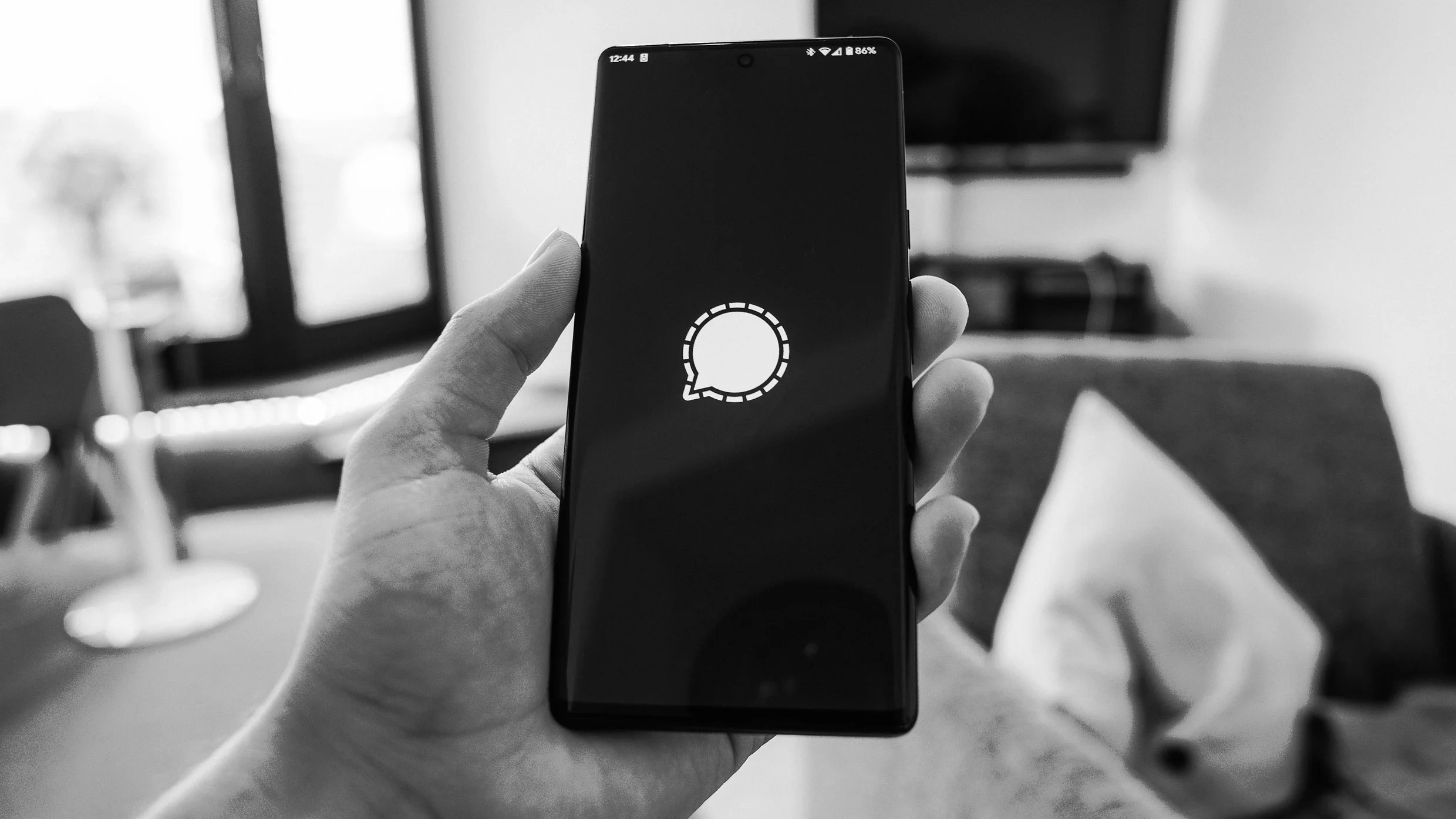
"Reports that prominent American national security officials used a freely available encrypted messaging app, coupled with the rise of authoritarian policies around the world, have led to a surge in interest in encrypted apps like Signal and WhatsApp."
"The positions governments take often are framed as a 'war on encryption' by technology policy experts and civil liberties advocates. As a cybersecurity researcher, I've followed the debate for nearly 30 years and remain convinced that this is not a fight that governments can easily win."
"Traditionally, strong encryption capabilities were considered military technologies crucial to national security and not available to the public. However, in 1991, computer scientist Phil Zimmermann released a new type of encryption software called Pretty Good Privacy (PGP)."
"Following an investigation into Zimmermann, the U.S. government came to realize that technology develops faster than law and began to explore remedies."
The growing interest in encrypted messaging apps like Signal and WhatsApp, fueled by high-profile revelations about national security officials using them, highlights an ongoing battle between government surveillance and citizensâ rights to privacy. This conflict is described as a 'war on encryption'âa term emphasized by experts and advocates. Historically, encryption technology was deemed essential for national security, with milestones like Phil Zimmermannâs PGP making it publicly accessible. This shift has made technology outpace legal frameworks, complicating efforts for government oversight and control.
Read at Fast Company
Unable to calculate read time
Collection
[
|
...
]